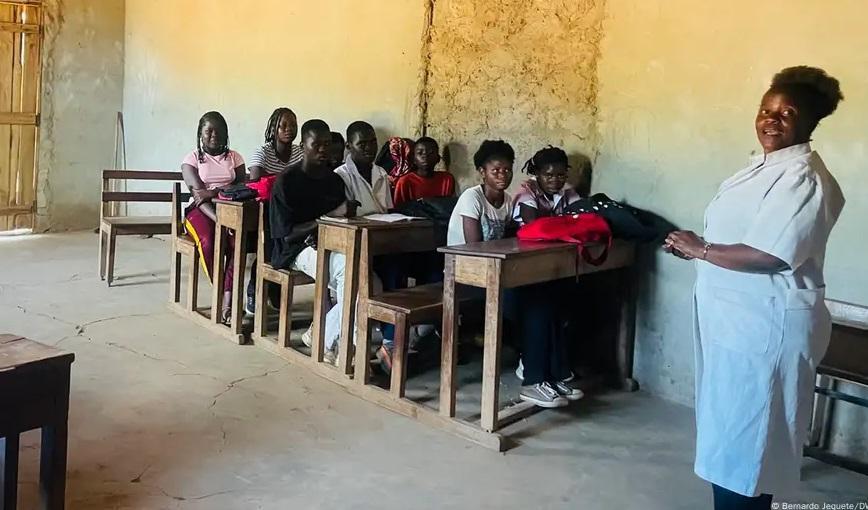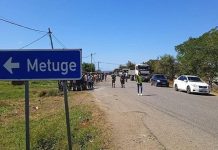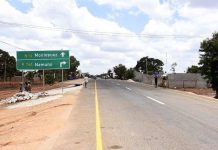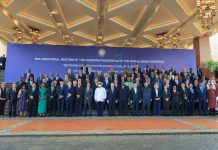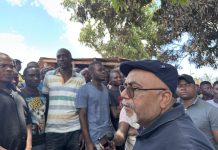Africa-Press – Mozambique. This Sunday, September 8, was World Literacy Day. In Mozambique, the adult illiteracy rate has been decreasing. Data from the Movement for Advocacy, Resource Awareness and Literacy Mobilization (MASMA) indicate that the illiteracy rate in the country has fallen from 31.2% to 28.9% in the last five years (2020-2024).
In Manica province, central Mozambique, the Adult Literacy and Education program is having a positive impact, with increasing participation.
Nércia Matsinhe is one of the beneficiaries of this initiative and attends the Vila Nova Primary School, in Chimoio city. Nércia told DW that when she first started attending the course’s classes, “she didn’t know how to read, write or draw” and that it was not easy to adapt because she was older.
Nércia Matsinhe, literacy student [Photo: Bernardo Jequete/DW]Nércia says she was “bullied”, but that she does not regret it. “Now I can draw, read and write. I only felt bad about being an adult. If I manage to finish Grade 10, my dream is to become a police officer. I know I’ll make it,” she says.
Zinho Alone also started studying as an adult. Today he can read and write. He believes it’s never too late to study and encourages other young people to invest in their education and training so they can face the challenges imposed by the country and the world.
“My parents moved around so much that I couldn’t study. My uncle brought me and enrolled me here. I was afraid to stand up and talk to people, go to the board, do math, but now I’m not afraid anymore,” he says.
“Rate tends to decrease”
For the current school year, 14,856 students are enrolled in the Adult Literacy and Education program in Manica province – 11,082 of the 14,856 students are women and girls. They will be assisted by 340 literacy teachers, distributed across 390 literacy centers, including porches, houses of worship and modern classrooms.
Ivânia Magazique, head of the Department of Pedagogical Management, Management and Quality Assurance and spokesperson for the education sector in Manica, states that this is a program that has been contributing significantly to reducing the illiteracy rate in the region and in the country.
“The rate tends to decrease and we have many literate people who already know how to read and write. Year after year, we notice that many are joining the literacy programs and, little by little, we are increasing the rate of literate people”, states Ivânia Magazique.
For More News And Analysis About Mozambique Follow Africa-Press

